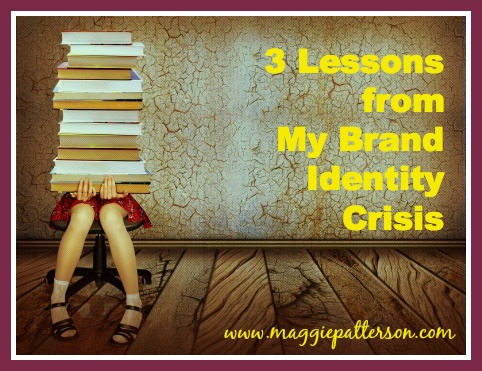
As hard as it may be for me to admit, I’ve been in the throes of a brand identity crisis…for the last 18 months.
Since the day I made the decision to pivot my business to focus online, I’ve been trying on a lot of different things as I figure it all out. At times I’ve felt like a kid wearing their mom’s shoes or like the dress I had on that was just not my style.
I know. How can someone who gets paid to write struggle with this? I mean, isn’t this what I do for my clients? Help them nail down what they are and how they do it in words? Raises hands, yes, that’s me!
Apparently when you’re doing it for yourself it is MUCH harder than anything you’ll ever do for a client. Which is why I spent the bulk of Q3 dealing with my brand identity crisis head-on. It was uncomfortable and downright ugly at times as I got feedback I didn’t really want to hear and worked through a number of things that were doing my business a disservice.
But you know what…no pain, no gain, right? By cutting the crap and figuring out what was actually important to me and my business, I have more clarity, more confidence and a deeper commitment to where I’m heading. And it feels damn good.
Just so my discomfort has a greater purpose, I give you…my three branding identity crisis lessons. Anything sound familiar?
#1. Creating a Great Pick Up Line
How do I explain who I am, what I do and who I serve is a perennial question when it comes to communicating about our businesses. But it may be one of the hardest questions to answer without giving away too much or too little.
Offering Too Much = You overwhelm your audience and you’re on your way to being THAT person. Total turn off, right?
Saying Too Little = People don’t get the full flavor for what you do and don’t feel compelled to want to learn more because there’s not enough for them to make a decision based on.
My own pick up line was definitely in the category of saying too little. So much so that a little research uncovered something interesting – people either knew me as a copywriter or a PR person, and didn’t really know that I offered a full range of communications services.
The culprit? Being a bit of a chameleon and using the pick up line that was based on the prospective client’s needs. Instead of really owning that I’m really a master at communications strategy which goes across various marketing disciplines, I took the easy way out.
The question then is…How do we pack enough into that elevator speech/cocktail pitch/pick up line that it creates enough interest that people want to go on a first date? That they are intrigued enough to learn more or that they aren’t feeling like they know everything they need to know already.
It’s quite simple. Start with your title. What the hell are you? In my case I’m a communications strategist. Short, simple, and to the point. No fluff.
Then answer who do you work with? I work with coaches and consultants. That’s pretty specific. Don’t say you work with people on the Internet, or anyone who wants to live a better life. Niche that sucker down.
And finally, how do you do it? What’s that splash of secret sauce? What do you help your clients do? I help them grow their business and the bottomline with intelligently crafted communication including copy, content strategy and customized marketing plans.
That opening line is an invitation – and your first impression. Taking time to nail that is the difference between being obscure and having clients knock down your door.
[Tweet “Do you have a strong pick up line for your business? @magspatterson explains “]
#2. What’s Your Thing?
I’ve worked in many parts of the marketing field over the years, so you could say I’m multi-passionate. Picking a single area felt confining and unnatural as I have more than one skill set.
Welcome to the very foundation of my brand identity crisis. I mean, what did I want to be known for? What would my legacy be? Yes, I help clients meet their business goals and make their mark on the world, but was I just destined to be the go-to girl to help them do that or did I actually want to be known for something?
After many months, and some serious gnashing of teeth, I finally sat my ass down and formalized the process which is at the core of everything I do. It all come down to messaging and storytelling, because without that nothing else works, not to mention, your copy is seriously unfocused and your marketing is vanilla.
Can you answer without any waivering what your thing is? Have you formalized it? It is set in stone? If you aren’t clear what it is, no one else will be either.
It may take time to figure out exactly what that is, but when you nail it, it will feel like perfection. You don’t have to figure out what your thing is in a single weekend, but do give yourself time and space to think about what that really may be. Because that is truly the secret sauce for your business.
#3. Your Stories Matter
So much of my work is focused on helping other people tell their stories, but telling my own story does not come naturally to me. After a lifetime of being the sidekick, the behind the scenes chick and an introvert to top it off, it’s WAY safer to create list posts and focus on hard core business principles.
Maybe that gives me unique insight into my client’s brains as I literally know exactly how they feel and I can be more sensitive to helping them find a way that fits with them and their unique way of approaching things.
Over the Summer, I started playing with sharing my stories more on the blog as a way for people to get to know me a bit more and get a little bit of the behind the scenes of my business. Guess what? Those posts have seen FAR more engagement than most of my other posts. And with good reason, people connect with stories in a different way than they do with facts or lists.
When you don’t share your stories, you’re missing the opportunity to move people from the pick up line into completely falling in love with you and your business.
Start playing with how you can use stories to reinforce a point, bring things to life and simply be more human. Stories sell for a reason.
Doing the work to get through my identity crisis is starting to pay off, and I’m excited to show off the results with my new website. Coming soon!
Have you experienced a brand identity crisis? Share what tripped you up in the comments!
[Tweet “Could you be having a brand identity crisis? @magspatterson’s latest post”]
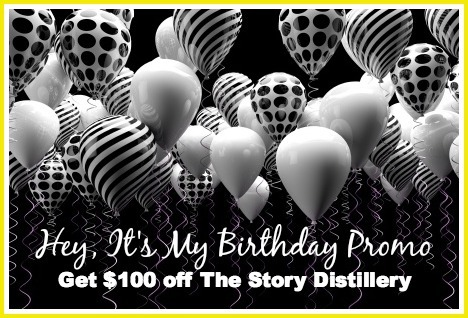
My brand new signature offering,
The Story Distillery is here and I want to share it with as many people as possible this Fall. (Yes, I’m a WEE bit excited about it!) This is a 1:1 service that will help you nail your message and tell better stories in your business. We are talking MASSIVE clarity so you can communicate with confidence. No more awkward moments. No more feeling like you’re trying on someone else’s brand. And definitely no more feeling like the warm up act in a dark and dodgy underground comedy club.
The first people who’ve gone through The Story Distillery are giving it rave reviews and I am so excited to work this absolute magic with more people – hint, hint, I mean you!
Learn more about The Story Distillery and how this experience works.
The service is currently being offered at a wicked intro price – and I will be doubling it come December.
From now until October 20th, it is $100 off as my gift to you (only $399) – use the promo code – birthday – at checkout.



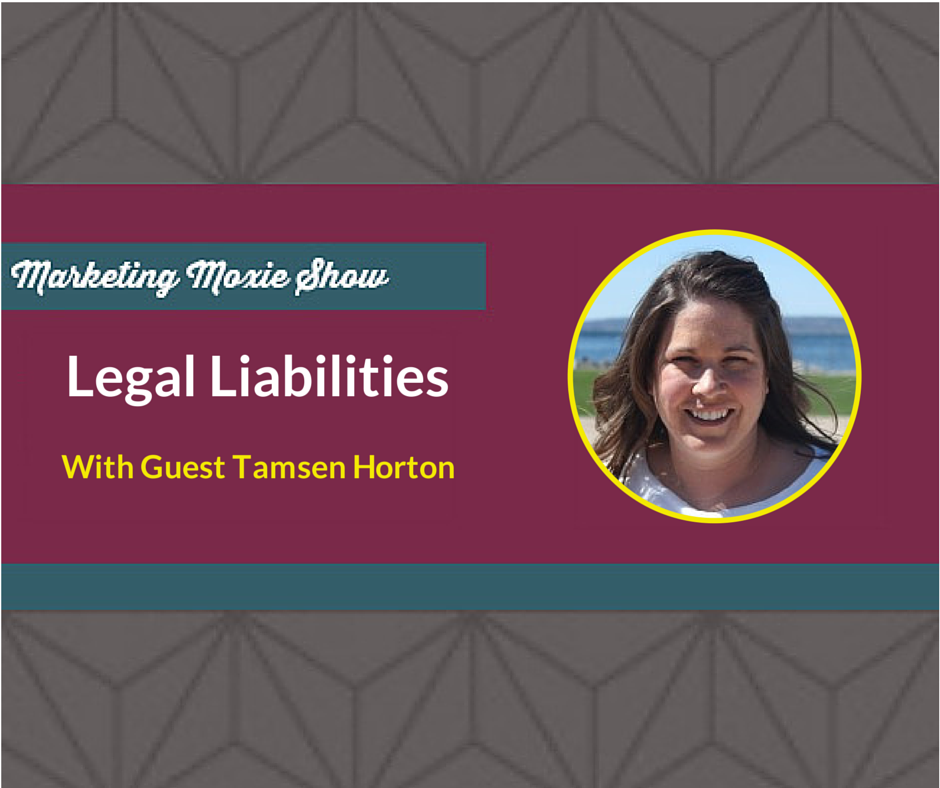
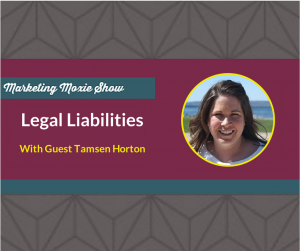

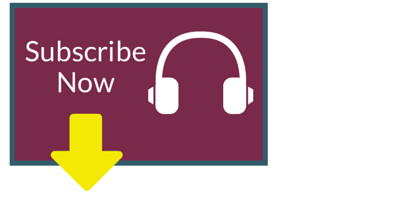
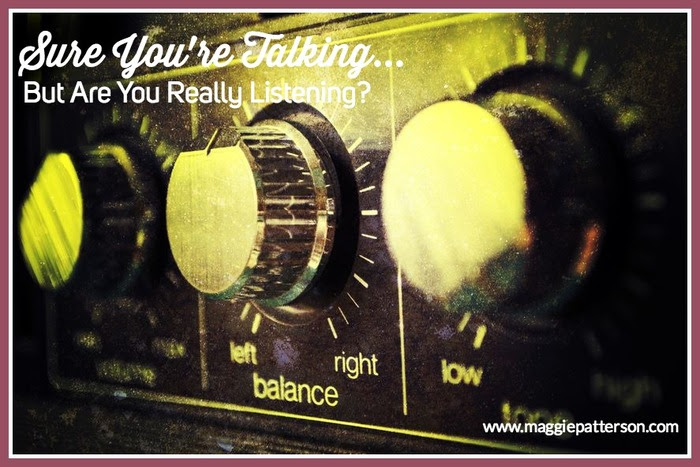

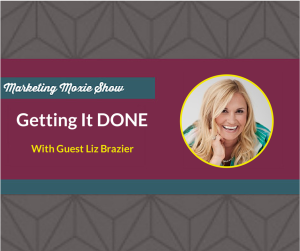




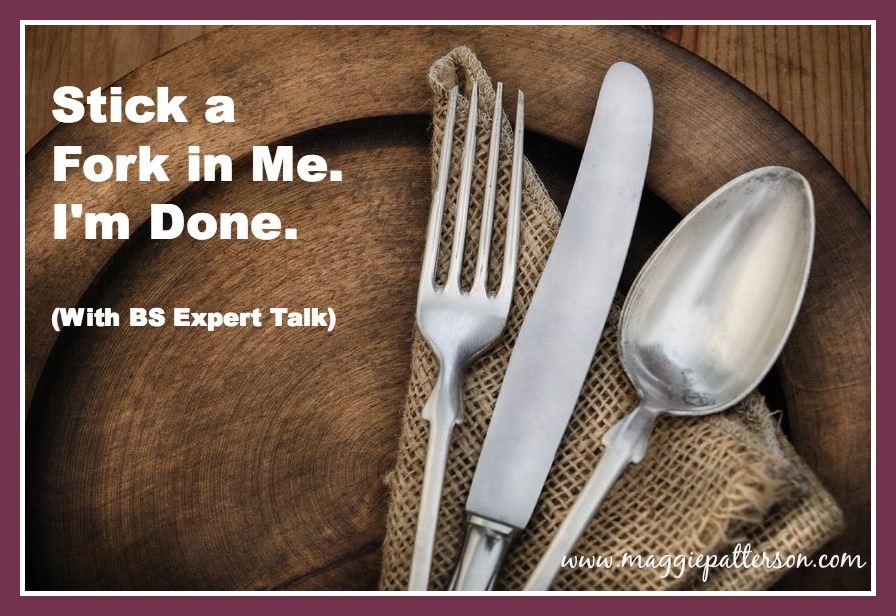
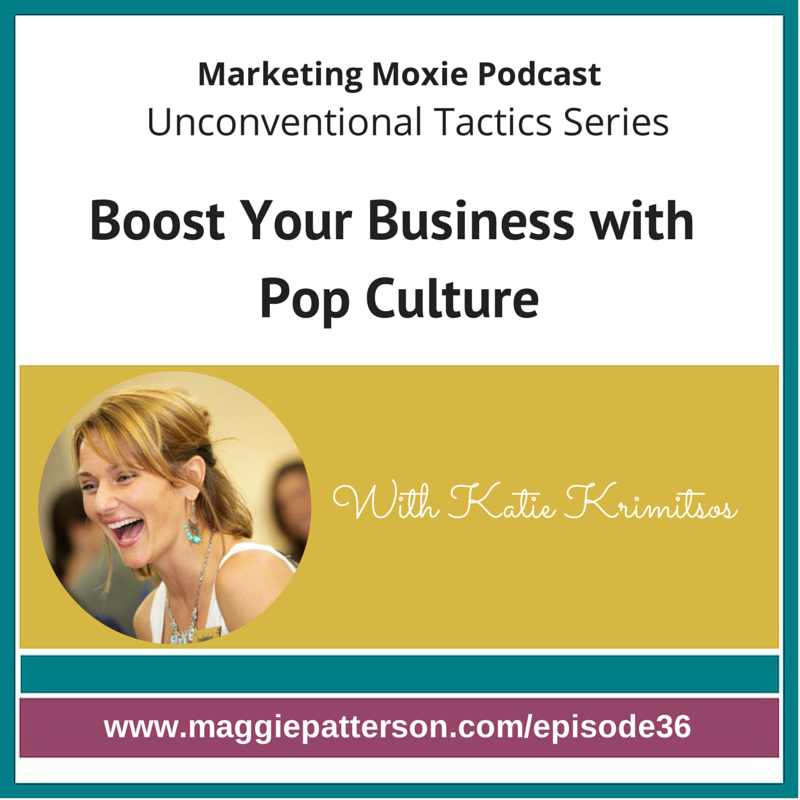
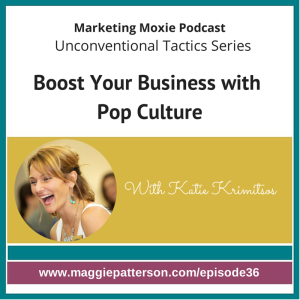 No matter what you’re promoting, it can be hard to stand out. Especially when it’s not time sensitive and the goal is to boost the listenership of your podcast. In this episode fellow podcaster Katie Krimitsos shares how she created a promotion around Shark Week in August to have former Shark Tank guests on her show and create buzz in the process.
No matter what you’re promoting, it can be hard to stand out. Especially when it’s not time sensitive and the goal is to boost the listenership of your podcast. In this episode fellow podcaster Katie Krimitsos shares how she created a promotion around Shark Week in August to have former Shark Tank guests on her show and create buzz in the process.
 When you’re an entrepreneur, you live in hyper drive a lot of the time. Things happen quickly. In a world of “just ship it” and “better done that perfect” many of us become masters of taking ideas and putting them into action.
When you’re an entrepreneur, you live in hyper drive a lot of the time. Things happen quickly. In a world of “just ship it” and “better done that perfect” many of us become masters of taking ideas and putting them into action.